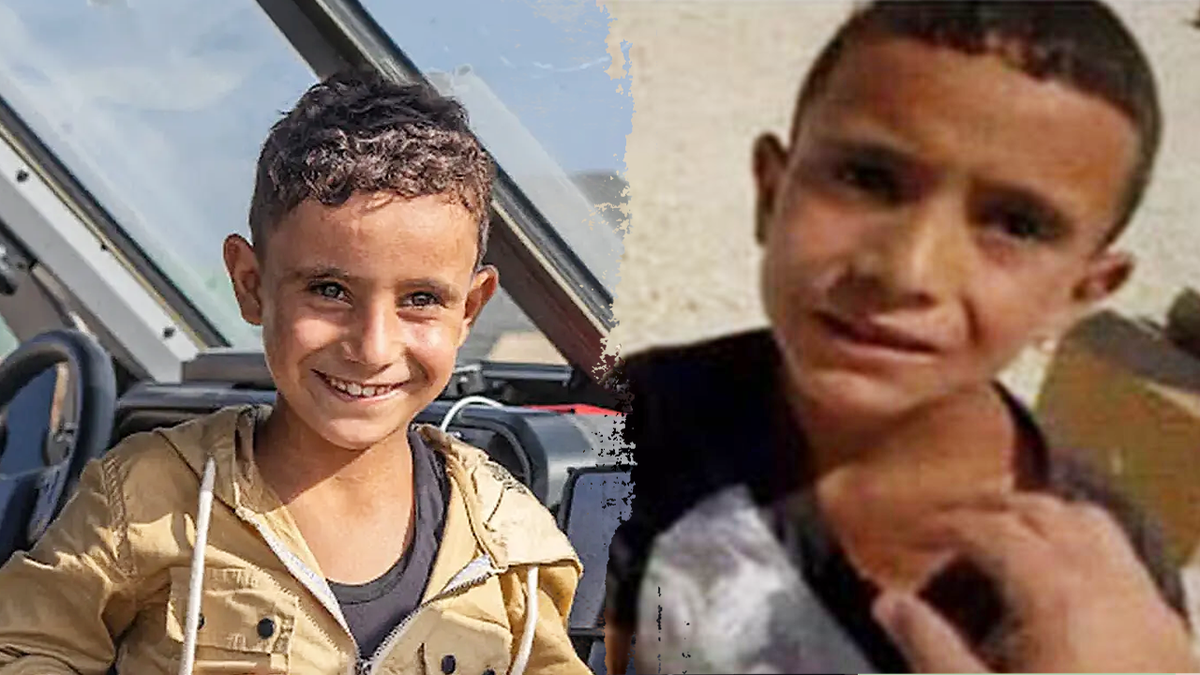In an unexpected twist that has captured international attention, a young Gaza boy known as “Amir” was recently discovered alive after earlier reports falsely claimed he had been killed by Israeli forces. The revelation comes as part of an exclusive investigation by Fox News, adding a dramatic new layer to the already tense and heartbreaking narrative of the ongoing conflict in Gaza.
According to the report, Amir had traveled to a humanitarian distribution site when rumors began spreading that he had been fatally shot by the Israel Defense Forces (IDF). The claim quickly circulated online, drawing outrage, sympathy, and fueling global conversations about the heavy toll of war on innocent children in conflict zones.
However, in a stunning reversal, Fox News was able to confirm that Amir is, in fact, alive. The boy appeared smiling and in relatively good health, contradicting the earlier, widespread narrative of his death. This revelation has raised serious concerns about misinformation and propaganda surrounding the war, and how quickly unverified stories can spread through social media and international news networks.
For many observers, Amir’s survival is a rare glimmer of hope amid the devastating reality faced by countless families in Gaza. The conflict has left thousands displaced, many killed, and children particularly vulnerable to both violence and psychological trauma. His story highlights the urgent need for careful fact-checking before tragic claims are broadcasted worldwide, especially in such a highly sensitive and politically charged environment.
Humanitarian organizations have stressed that while Amir’s survival is good news, it does not erase the overwhelming suffering endured by children in Gaza. Aid groups continue to push for better access to food, medical supplies, and safe zones for families caught in the crossfire.
Analysts say that this incident reflects a broader problem in modern warfare—where information spreads just as fast as bullets, and false reports can fuel division, anger, and even policy changes. In the case of Amir, the world is reminded that not every headline is true, and not every tragedy reported may be accurate.
As the conflict continues, Amir’s story will likely remain symbolic: a young boy who defied the narrative of death and became a reminder of resilience. But it also serves as a warning—urging journalists, activists, and global citizens to approach breaking news with caution, compassion, and a demand for verified truth.
In a region where the line between survival and loss is heartbreakingly thin, the discovery that Amir is alive stands out as a rare piece of uplifting news in an otherwise grim landscape.


